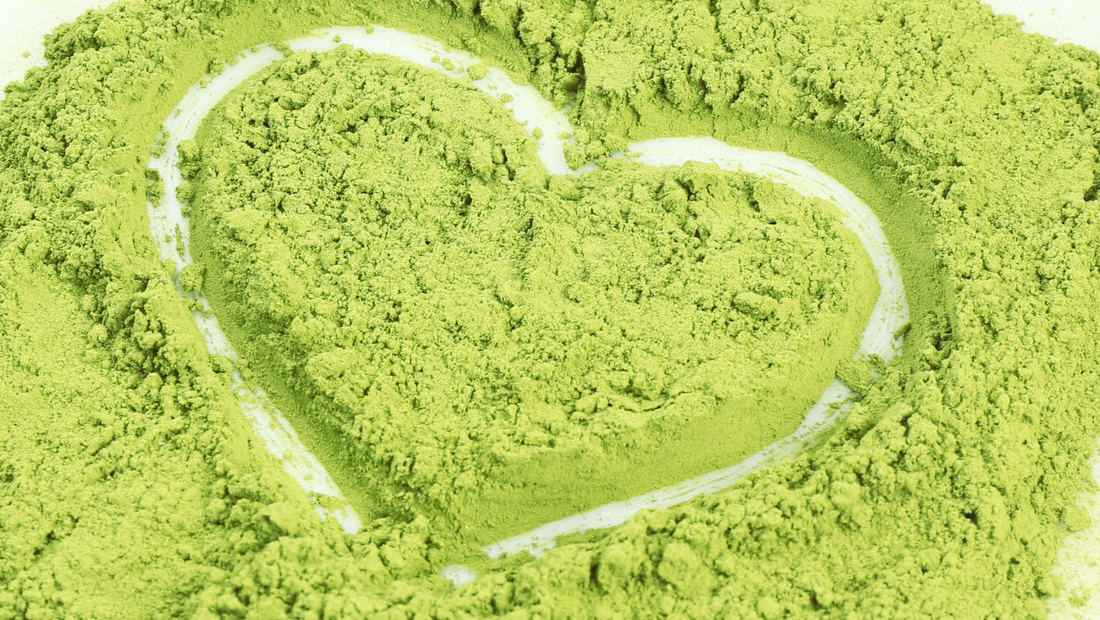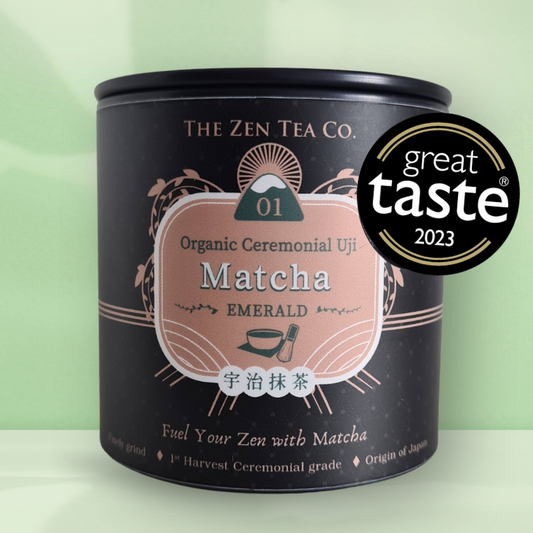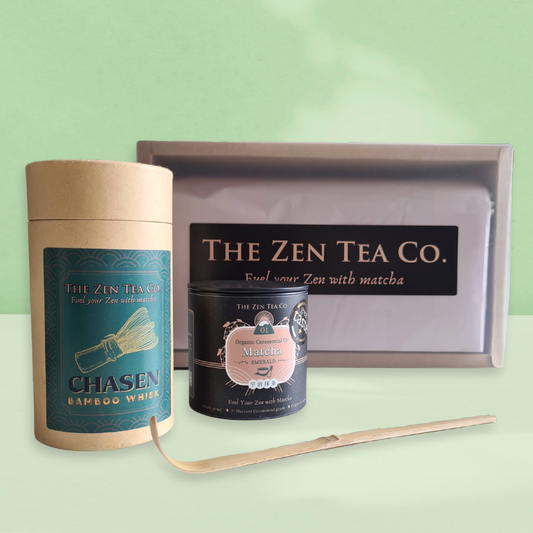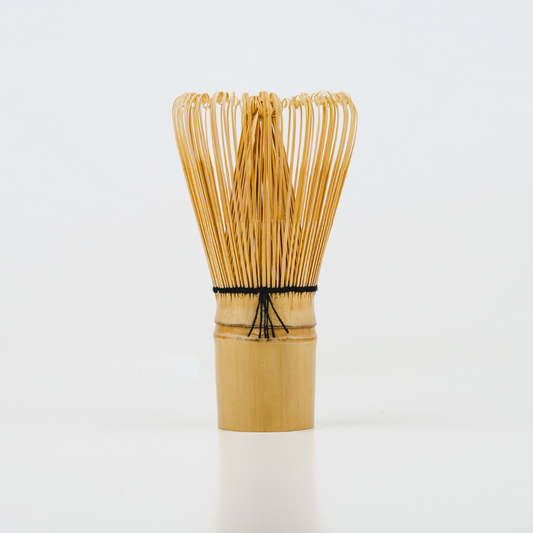One of the most common questions we get asked about matcha tea is: ‘Is matcha tea good for those with heart conditions or heart disease?’
Before we answer the question and we dive into the scientific researches, please let us state something very important!
Disclaimer: The content included in this article is a result of our own research through scientific publications including advices, and provides generic information only. It is in no way to be intended to be a substitute for qualified medical opinion. Always consult a specialist or your own doctor for more information and before deciding that matcha tea is good for your specific conditions.

Having said that, we can now state that according to several studies matcha green tea keeps your heart healthy! Those studies in fact suggest that drinking matcha tea daily (2-4 cups is a good habit – we recommend no more than 5 cups daily) may help reduce the risk of developing heart disease.
Here’s why:
A Research made at the University of Leeds and Lancaster University found an anti-inflammatory combination of catechins in matcha green tea called EGCG, (full name: Epigallocatechin Gallate). This compound is so very powerful that may interfere with the digestion of lipids, cholesterol and fat. EGCG help reduce the risk of clot formation and atherosclerosis, improve blood pressure, and prevent some inflammation in the vascular system. EGCG may prevent amyloid build up in arteries that causes heart attack and stroke. Some of those researchers believe that this compound could be used in Alzheimer’s prevention or cure because the same amyloid plaques also form in the brain, playing a role in Alzheimer’s Disease.
According to a study of the Chinese Journal of Natural Medicines “Catechins present in green tea have the ability to prevent atherosclerosis, hypertension, endothelial dysfunction, ischemic heart diseases, cardiomyopathy, cardiac hypertrophy and congestive heart failure by decreasing oxidative stress, preventing inflammatory events, reducing platelet aggregation and halting the proliferation of vascular smooth muscle cells.”

According to another analysis conducted on a series of studies in 2012 by Harvard Health, established that those who drank green tea more regularly were 28% less likely to suffer coronary artery disease compared to non-drinkers.
The most known and acknowledged matcha benefit is possibly the incredible number of antioxidants that matcha green tea contains. Antioxidants are also associated with lower cholesterol, another important factor in cardiovascular health because oxidation contributes to plaque development in the arteries. Antioxidants can help prevent the oxidation of the “bad” type of cholesterol which consequently means reducing the risks of compromising your heart health and preventing cardiac arrest or heart failure.
Moreover…

Matcha has 60% less caffeine than coffee, but thanks to L-theanine is able to provide a state of alertness and focus. Matcha is in fact a very good alternative to coffee to help reduce excessive caffeine intake and the jittery feeling associated with coffee. The L-theanine in fact controls the energy flow making it last longer without the crash sponsored by coffee. Replacing matcha with coffee, especially in the afternoon will make it smoother to go to sleep later at night but still help you feel focused and sustained in the last tasks of the day.
If you want to reduce your sugar or caffeine intake look no further, matcha is a very healthy choice! On top of that, if keeping our hearts in great shape is just a matcha away, then we might as well make it a part of our routine.
And remember, it’s super easy to guarantee your daily matcha portion, matcha is so versatile that you can not only drink it as a tea, but also in lattes, drinks, juices, smoothies, yogurts, protein shakes and so on. It really gives you endless possibilities! For more inspiration and ideas, download our free recipes e-book!
And if you are ready to experience the benefits of matcha, let’s go shopping!







